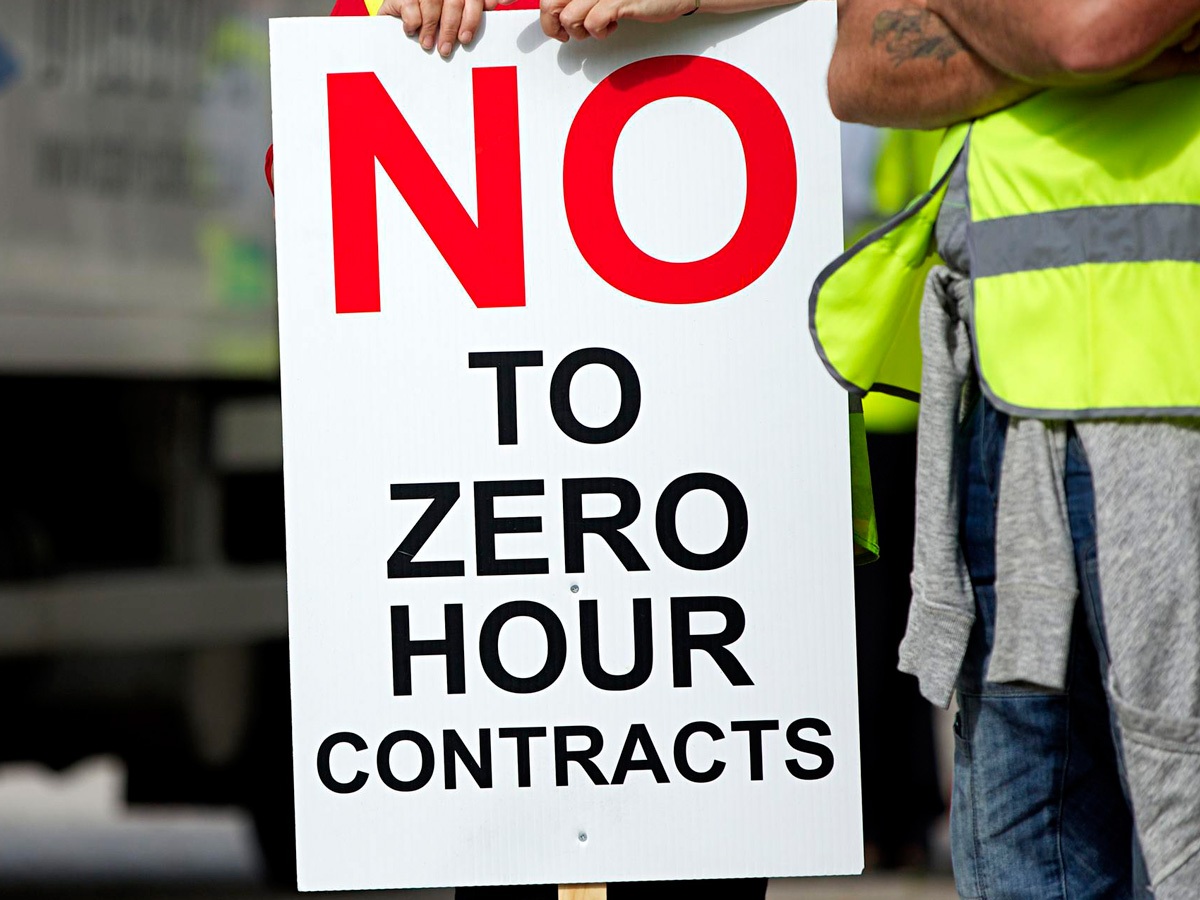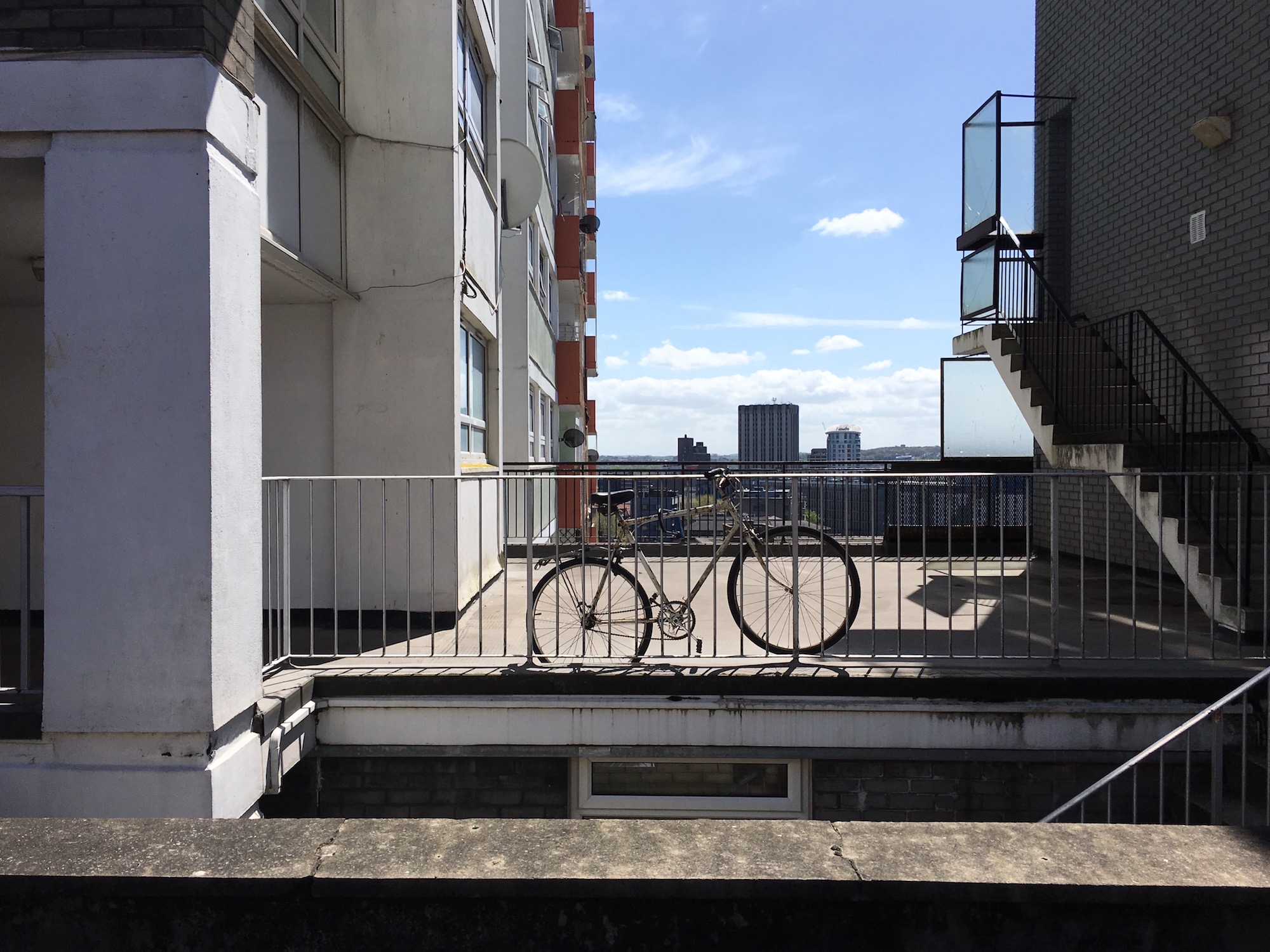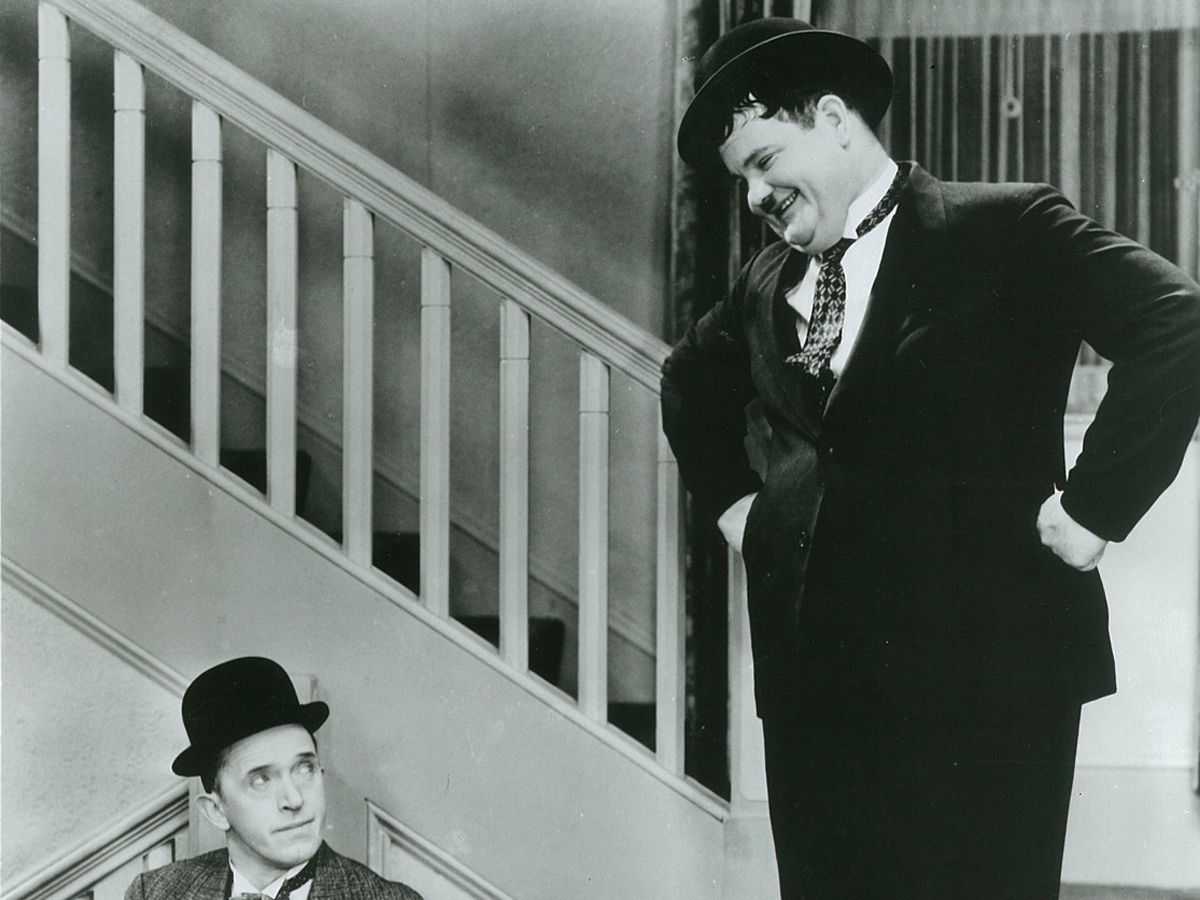The Sad Ballad Of The Zero Hours Contract Worker
Megan Lewis has two jobs. And neither of them guarantee her any work. Welcome to the murky world of zero hour contracts.
I’m on a zero-hour contract, two to be truthful.
What’s happened to my life? I stare at the muddles around the room, stacks of homework and would rather write a novel than deal with it. Why have I become so unorganised? Was it the A Levels? Yes, I answer whilst stepping over piles of biology books. But what else has happened, I got a job. Isn’t that what students are supposed to do? Work tirelessly inbetween school, exams and deadlines?
I’m on a zero-hour contract, two to be truthful. It means that my employers know I’m available for work. I’m not guaranteed how many hours I get or if I get hours at all and what I’m offered I don’t have to accept. It’s flexible working which appeals to parents, the retired and students, which are 17% of the people who sign these things.
There are three types of contractees: worker, employee and self-employed.
There are three types of contractees: worker, employee and self-employed. I’m the first two for, let’s call them Job W and Job E.
In Job W, I’m classed as a worker, the most common contract. I’m on their books and get contacted when work is available. I select work that fits me but you have to be quick as it’s first come first gets the job.
For Job E, I’m an employee I work the hours given or face a disciplinary but I have employment status, protection from unfair dismissal and usually there’s a pension scheme I can opt in for (woo). Zero hour contracts give employers a pool of potential workers. Almost half of the UK’s leading companies exercise them. A prime example is a popular high street sports company. 75% of its staff are under these contracts, classed as casual workers. This excludes them from the notable bonus scheme. Whatever, having your foot in through a door is a start. You gain paid work experience, which looks great on your CV.
For Job E, I’m an employee I work the hours given or face a disciplinary…
Zero hour contracts are rising. In 2013 they were 1.9% of the workforce. Within a year their popularity rose to 2.3% – 2.2million people. Ed Miliband calls them an ‘epidemic’ with ‘no place in the 21st century’. I’m not sure they deserve the same social status as ebola. However, as I can find no evidence that we’re allowed or can set up a union, I question whether the workforce has taken a step back. Aren’t unions everything the workers fought for years ago, to gain better wages, rights and conditions? If they continue to rise will we have to repeat that battle?
If you’re not reliant on the income, zero hour contracts are good to generate extra cash. You can’t solely rely on them, your hours vary, your pay varies but your bills are constant.
My first shift at Job E, I was messed about and ended up working a 10-hour shift. First, they were going to send me home, too many staff. I managed to look busy and stayed. By the end there wasn’t enough staff, I was asked and agreed to work extra. My plans constantly change. I’m entitled to annual leave but if I don’t think I’m working, I won’t book it off and if I don’t book it off they can’t guarantee I’m not working.
I was messed about and ended up working a 10-hour shift.
People in zero hour contracts tend not to stand up for themselves. Afraid they’ll lose hours. I’m one of few that will say, ‘no’ to the boss and I hate doing it. It’s difficult not to bow to pressure, especially if your on your own. You don’t want to fall out with the management team, they’re sort of ‘our friends’.
If you’re classed as a ‘worker’, zero hour contracts work. During staff shortages, companies have options without the legal requirement to provide the same level of regular work. If companies want regular employees they should offer a regular contract. In Job E I find the benefits are purely for my employer. I’m entitled and paid minimum wage but I think I deserve the job security and other workplace rights that normal employees enjoy.
Frustratingly, as I reach the end I’ve just had an informal email (from Job W) canceling some work for tomorrow. Hmm time to start writing that novel I think.
Working a zero hours contract? What’s the best job site you’ve found? Let us know @rifemag
Related Links:
‘How Unpaid Internships Make Sure The Rich Keep Getting Richer’ by Sammy Jones
‘The Day I Didn’t Get The Job’ by Rob Edwards
More from Megan:
‘Black, White and Fifty Shades of Grey: Slapstick Festival 2015’










